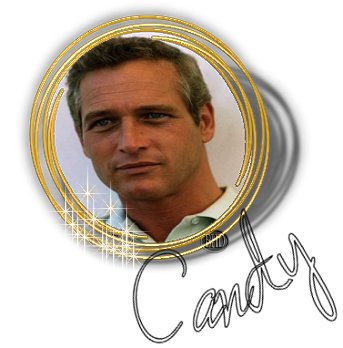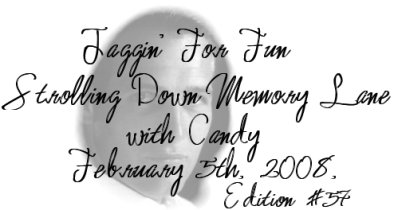
There are two isles you need to check on today, one is the salad dressing isle and the other is the spaghetti sauce. You might even find this guy in the popcorn isle.
Do you see a familiar face there? Yep, that's him...
Paul Newman
Some of you younger folks may think that is all he is known for but the rest of us know him as one of the most talented actors of all time. Come on along and let me introduce you.
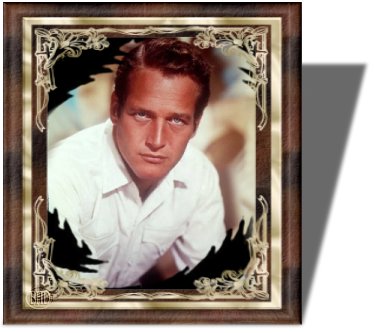
It's not easy for screen mega-stars to grow old gracefully and stay on top at the same time. Tied to the action genre, even Clint Eastwood began to look stale and a little frail, his body too old to convince us he was still a genuine tough guy. Robert Redford meanwhile, chained to his sex symbol image, chose to play only lady killers, employing ever-softer focus to get away with it. Marlon Brando simply ignored the whole process.
There is, though, one old-school superstar who pulled it off without too much of a hitch. Where Eastwood waited for age to make him suitable for Unforgiven, and then slipped back into pretending he was far younger, Paul Newman recognised the passing of time, chose his roles carefully and stuck to his guns. Thus he's the only pretty-boy screen-god to have retained the absolute respect of critics and public alike. This is why he was Sam Mendes' first choice to play gangster John Rooney in Road To Perdition - because he would be wholly on the ball and not the least bit overshadowed by the presence of Tom Hanks or next-generation pretty-boy Jude Law. Indeed, they'd be more concerned that he would blow THEM off the screen.
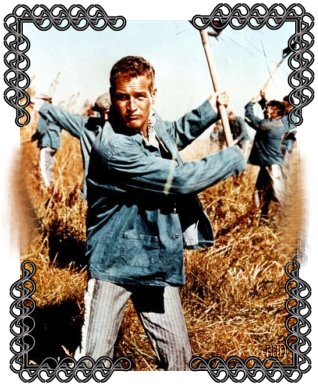
Paul Leonard Newman was born in January of 1925, the second son of Arthur and Theresa Newman in Cleveland, Ohio. The Newman's were a well-to-do family and Paul grew up in a nice home in Shaker Heights. Newman's father was the owner of a highly successful sporting goods store. Paul's mother and his uncle Joe's interest in creative arts rubbed off on him.
By 1950, the 25 year old Newman had graduated high school, been kicked out of Ohio University for unruly behaviour, served three years in the Navy during WW11 as a radio operator, graduated from Ohio's Kenyon College, married his first wife, Jackie, and had his first child, Scott. 1950 was also the year that Paul's father died. When he became successful in later years, Newman said if he had any regrets it would be that his father wasn't around to see it. He brought Jackie back to Shaker Heights and he ran his father's sporting goods store for a short period. Then, knowing that wasn't the career path he wanted to take, he moved Jackie and Scott to New Haven, Connecticut where he would attend Yale University's School of Drama. While doing a play there, Paul was spotted by two agents who invited him to come to New York City to pursue a career as a professional actor.
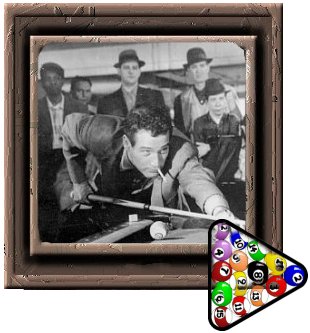
After moving to New York, Paul acted in guest spots for various television shows and in 1953 came a big break. He got the part as an understudy of the lead role in the successful Broadway play Picnic. Through this play is how he met actress Joanne Woodward, who was also an understudy in the play. While they got on very well and there was a strong attraction, Paul was married and his second child, Susan, was born that year. During this time Newman was also accepted into the much admired and popular New York Actor's Studio, although he wasn't technically auditioning.
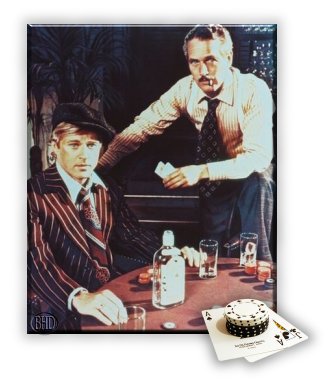
In 1954 a film Paul was very reluctant to do was released. It was called The Silver Chalice (1954). To this day, he his still embarrassed about the film and revels in making fun of it. He immediately wanted to return to the stage and performed in The Desperate Hours. In 1956, Newman got the chance to redeem himself in the film world by doing Somebody Up There Likes Me (1956) and critics praised his performance. In 1957, with a handful of films to his credit, he was cast in The Long, Hot Summer (1958) co-starring none other than Joanne Woodward.
After Jackie gave Paul a divorce, he and Joanne married in Las Vegas in January of 1958. They went on to have three daughters together and raised them in Westport, Connecticut. In 1959 Paul received his first Academy Award nomination for Best Actor in Cat on a Hot Tin Roof (1958). The 1960's would bring Paul Newman into superstar status as he became one of the most popular actors of the decade and garnered three more Best Actor Oscar nominations for The Hustler (1961), Hud (1963) and Cool Hand Luke (1967). In 1968 his debut directorial effort Rachel, Rachel (1968) was given good marks and although the film and Joanne Woodward were nominated for Oscars, Newman was not nominated for Best Director. He did, however, win a Golden Globe for his direction. 1969 would bring the popular screen duo Paul Newman and Robert Redford together for the first time when Butch Cassidy and the Sundance Kid (1969) was released. It was a box office smash. And that's also the theme song you are listening to right now.
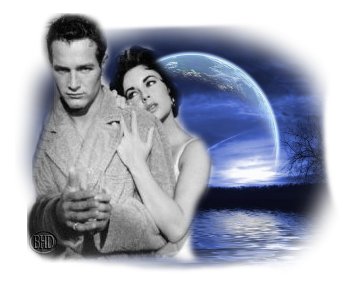
Throughout the 1970's, Newman would have hits and misses from such popular films as The Sting (1973) and The Towering Inferno (1974) to lesser known films as The Life and Times of Judge Roy Bean (1972) to a now cult classic Slap Shot (1977). After the death of his only son, Scott, in 1978, Newman's personal life and film choices moved in a different direction. His acting work in the 1980's and on is what is often most praised by critics today. He became more at ease with himself and it was evident in The Verdict (1982) for which he received his 6th Best Actor Oscar nomination and in 1987 finally received his first Oscar for The Color of Money (1986). Friend and director of Somebody Up There Likes Me (1956), Robert Wise accepted the award on Newman's behalf as he did not attend the ceremony. Films were not the only thing on his mind during this period. A passionate race car driver since the early 1970's, Newman would become co-owner of Newman-Haas racing in 1982 and also founded Newman's Own, a successful food company he built from the ground up in which all the proceeds go to charity. He would also start The Hole in the Wall Gang Camps, an organization for terminally ill children.
Now in his 80s, Newman enjoys a near 50-year marriage to Joanne in Connecticut, their main residence since moving away from the bright lights of Hollywood in 1960, still attends races, is very much involved in his charitable organizations and in 2006 opened a restaurant called Dressing Room, which helps out the Westport Country Playhouse, a place the Newman's take great pride in. In 2007 he made some headlines when he said he was losing his invention and confidence in his acting abilities and that acting is "pretty much a closed book for me." Whether he's on the screen or not, Paul Newman remains synonymous with the anti-heroism of the 1960's and 1970's cinema and rebellious nature his characters so often embodied.
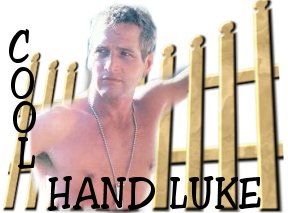
Cat On A Hot Tin Roof, and The Long Hot Summer are my all time favourite Paul Newman movies, in fact working on this strolling has made me want to dust off the video and watch it tonight...yes some of us still have video tapes.
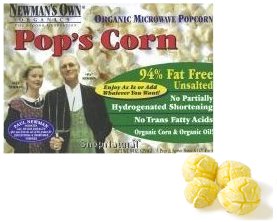
Paul Newman, quite rightly, is a screen legend. Bridging the gap between larger-than-life studio stars and today's more realistic variety, he's been on top for nearly 50 years, as well as becoming a champion racing driver and a philanthropist of inordinate generosity.
